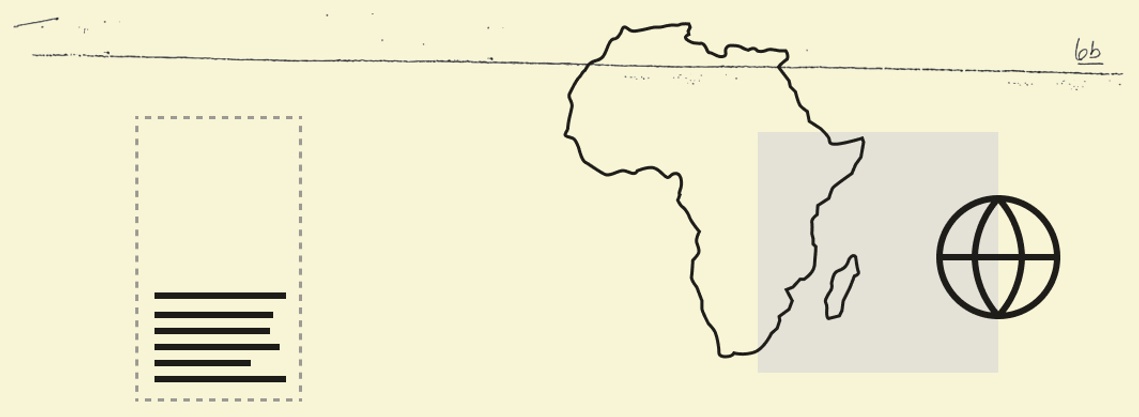 Geopolitics  RSF leader Mohamed Hamdan Daglo; Russian government/Wikimedia Commons RSF leader Mohamed Hamdan Daglo; Russian government/Wikimedia Commons🇸🇩 The US Secretary of State Antony Blinken on Tuesday invited Sudan’s army and the paramilitary Rapid Support Forces (RSF) to start US-mediated negotiations in Switzerland, beginning on Aug. 14. The RSF leader Mohamed Hamdan Daglo welcomed the move on social media site X. 🇹🇩 Chad’s foreign ministry said on Tuesday that 157 of its citizens had been detained in neighboring Libya, without disclosing reasons for their arrest. It added that repatriation flights would follow in the coming weeks. 🇸🇳 The US agreed to lend Senegal $81 million towards the construction of its development project, the Dakar-based Vacap Hospitality SA, which aims to boost its tourism industry. Governance 🇳🇬 Nigeria’s government proposed a one-time 70% tax on all realized profits from foreign-exchange rate transactions of banks in the 2023 financial year to fund capital projects, education and healthcare access as well as public welfare initiatives, according to a letter sent to lawmakers. 🇸🇱 A high court in Sierra Leone sentenced 11 people to prison terms for their alleged roles in a failed military coup last November. Climate change 🇿🇦 South African President Cyril Ramaphosa signed the Climate Change Bill set to enable the nation to meet its emissions reduction commitments under the Paris climate agreement, the presidency said on Tuesday. Deals 🇿🇦 Swedish multinational home appliance company Electrolux Group announced the signing of an agreement to divest its water heater business in South Africa under the Kwikot brand for 2.4 billion rand ($131 million). Health 🇨🇩 Doctors in DR Congo said they had seen rising suspected mpox cases, raising fears of a new variant that appears to be more capable of transmitting between people than previous strains. Tech 🇳🇬 Meta said it removed 63,000 Instagram accounts in Nigeria that engage in financial extortion based on sexual content. Accounts removed include “a coordinated network of around 2,500” as well as Facebook accounts belonging to advance fee fraud scammers. |